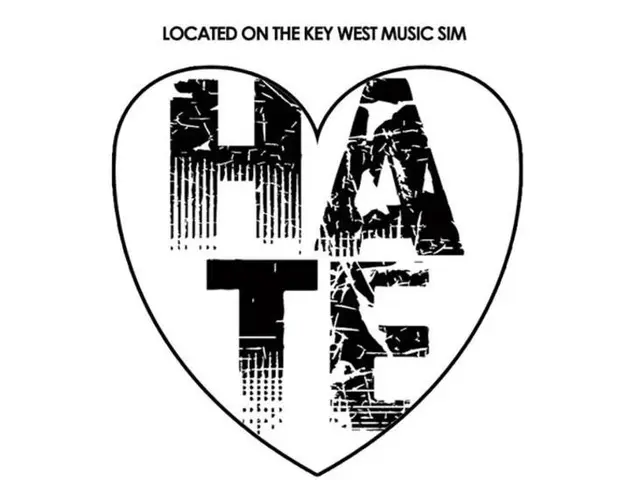Gaza Crisis: The Humanitarian Dilemma Unraveled
United States argues Israel has no obligation to collaborate with the United Nations Palestinian refugee commission.
The humanitarian crisis in Gaza continues to escalate, as the region grapples with the aftermath of ongoing conflict and the impediment of aid delivery. As of June 2025, the Gaza Humanitarian Fund (GHF) can only provide food assistance to around half of Gaza's population [2]. The delivery of aid is greatly affected by insecurity and the high probability of looting, often disrupting aid collection efforts [4].
The World Health Organization (WHO) has mobilized 37 emergency medical teams to Gaza since March 2025, underscoring the critical importance of medical support [3]. However, healthcare facilities are still under severe strain, with many damaged and essential supplies depleted [3][5].
Amidst this dire situation, one of the most contentious issues is the disagreement between Israel and the United Nations Relief and Works Agency for Palestine Refugees in the Near East (UNRWA). Since March 2025, Israel has imposed a blockade on Gaza, forbidding the entry of humanitarian aid, including fuel [5]. This ban has had a devastating impact on essential supplies such as food and medical equipment. As a result, UNRWA's flour and food parcels have run out, and over one-third of medical supplies have been depleted [5]. Furthermore, UNRWA's international staff is prohibited from entering Gaza due to legislative actions taken by Israel's parliament to restrict UNRWA's operations in the occupied Palestinian territory [5]. Despite the obstacles, around 12,000 local UNRWA staff persist in providing critical services within Gaza [5].
The dispute between Israel and UNRWA remains unresolved, intensifying the humanitarian hardship in the region. Israel is not participating in the ongoing discussions regarding Gaza's aid situation, but it has submitted written arguments [1].
On the other hand, the Russian Federation, speaking after the United States, supported UNRWA's work and argued that it is essential for the Palestinian people, claiming that "the urgency of this matter cannot be overstated" due to the dire humanitarian situation [1].
The Palestinian Ambassador to the Netherlands, Ammar Hijazi, recently accused Israel of breaching international law in the occupied territories, asserting that "Israel is starving, killing, and displacing Palestinians while also targeting and blocking humanitarian organizations trying to save their lives" [1].
The ongoing ceasefire efforts remain stalled, while the humanitarian aid system in Gaza teeters on the brink of exhaustion [1]. The World Food Program (WFP) announced that its food stocks in the Gaza Strip have depleted, leaving hundreds of thousands of Palestinians without a primary food source [1]. Tens of thousands of families face a daily struggle to feed their children [1].
The hearings are currently underway as the humanitarian aid system in Gaza is on the verge of collapse, with diplomatic responses and accusations from both Israel and the international community. With lives at stake, it is crucial that a resolution to the crisis is achieved as soon as possible.
- The media has been following the ongoing dispute between Israel and UNRWA, as well as the humanitarian struggles in Gaza, with intense coverage, providing global news about the crisis.
- In the world of politics, the debate regarding Gaza's aid situation continues, with Israel's refusal to participate in discussions and the Russian Federation supporting UNRWA's work and advocating for the Palestinian people.
- General news outlets and crime-and-justice channels are reporting on the alarming depletion of essential items such as food and medical supplies in Gaza, as well as the impact of the ongoing blockade on the region's residents. Furthermore, they are highlighting the gallant efforts of local UNRWA staff who continue to provide critical services despite these challenging conditions.







